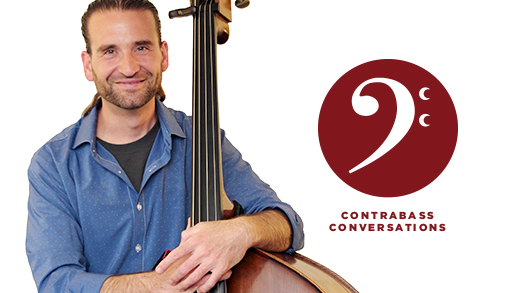Today’s episode features double bassist Jerry Fuller. I’ve known Jerry for well over a decade at this point and have found him to be such an interesting person. Jerry is best known in the music world for his work in period performance—in fact, he won an award for historically informed performance from the International Society of Bassists in 2015, and he is also a former ISB board member.
We cover Jerry’s early years in music, attending Northwestern in bass studio of rock stars including Hal Robinson, Curtis Burriss, and Rufus Reid, and his time spent performing in the bass section of the Lyric Opera of Chicago and in Switzerland. While he was in Lyric, Jerry attended business school at the University of Chicago and has worked for most of his professional life in the world of business while simultaneously keeping up an active musical life, and we talk about his what prompted this decision to attend business school and what his experiences in that world have been like.
We get into details about how period performance differs from modern technique, how players can explore the world of period playing, and the role of the bass player in the continuo. We also have a great discussion on creativity in music and answer listener questions from Gaelen McCormick and Dan Carson.
Jerry has gotten into traditional jazz recently, and we’ll open up the episode with an excerpt featuring Jerry performing C’est si Bon, and we’ll close with a duet by Bernhard Romberg with Richard Hirschl on cello.
Links to check out:
Interview Highlights
Early Years and Career
- grew up in Wisconsin – inspiring encounter with Roger Ruggeri of the Milwaukee Symphony
- accepted into Northwestern University bass studio with Warren Benfield
- joined Lyric junior year of college, promoted to assistant principal
- enrolled in business school at University of Chicago while still playing in Lyric
- went to work for American Hospital Supply Corporation and found an amazingly creative group of people there
- joined orchestra in Switzerland
Early Music
- physical and mental differences in early and modern playing
- what instrument really “drives the bus” in continuo playing
- outlets for learning more about early music performance
- switching between early and modern setups
Careers and Creative Outlets
- personality and temperament play a huge role into us figuring out what we should do in the world career-wise
- temperament over skill level
- creativity in music and life

